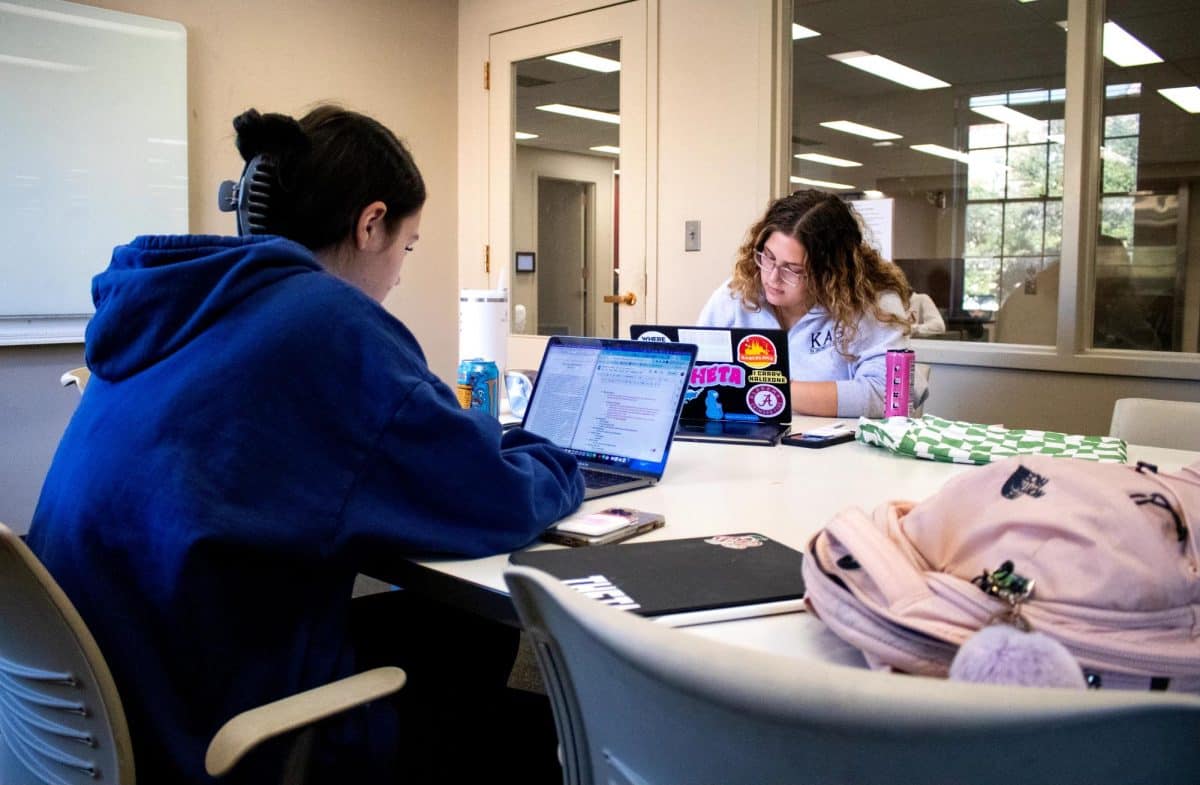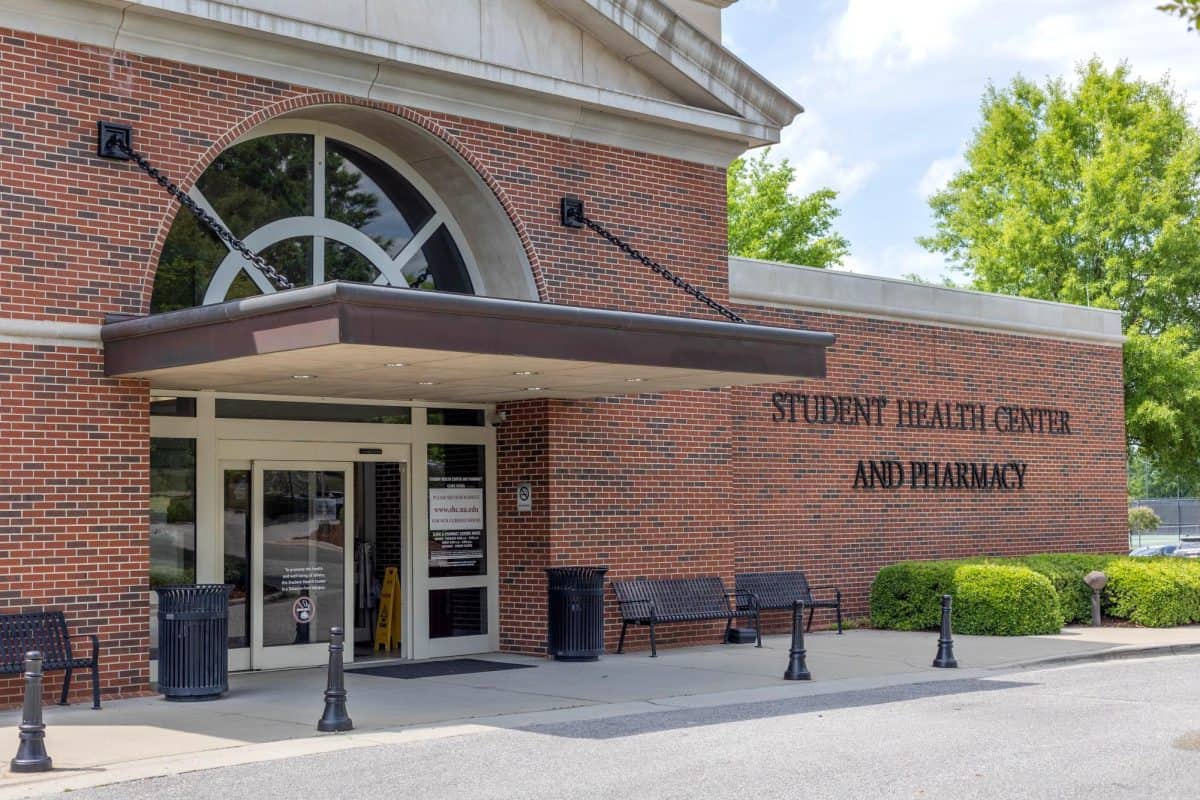The debates on immigration seem to never end, and discussions dealing with it orbit around policy but rarely around the lives of those affected by it. Those living in the U.S. illegally and their stories are often relegated to the shadows of public consciousness and discussion all while immigration remains one of the most polarizing social issues of today. I am undocumented, and I am unafraid.
My family brought my brother and me to Alabama in search of a better life when we were both infants. Growing up, I was aware that I was living in the country without legal permission, but wasn’t able to understand what it meant. It wasn’t until I was 13 years old that my lack of legal status caught up with me. My friends were eagerly beginning to prepare for college, and I was waiting outside a counselor’s office to see how she could help me do the same. My meeting was brief, and she crisply told me there was no route to college for me because I was living in the country without legal permission, that I was facing a brick wall I would never manage to break.
Around the same time, talks of immigration reform began to spread. I remember reassuring other friends living in the U.S. illegally that we shouldn’t have to worry about being able to go to college because immigration reform was going to pass before we graduated. It didn’t. Graduating high school was truly one of the emptiest moments of my life.
During the past decade, immigration reform has been discussed by different administrations yet has little to show for it. In the past years, federal stagnation has emboldened some states to pass anti-immigrant legislation, and it seems that immigration reform is continually shelved. In 2011, Alabama passed HB 56, the harshest anti-immigrant law in the nation, which aimed to make life so miserable for those living in the country without legal permission that we would willingly “self-deport.” Whenever my mother left for work, I wondered if that was the last time I would see her. My story is not unique. When HB 56 passed, I and others living in the U.S. illegally had a choice to make: leave or fight.
With HB 56’s passage, I prayed to be a stronger person and reveal a secret I had hidden for years. I decided to come out as a person who was living in the country illegally during a time when doing so could lead to my deportation, but I realized there was no reason to hide the sacrifices my parents made to give me a brighter future. I realized being undocumented would no longer be my scarlet letter, so I came out to add a human face to one of the most fundamentally misunderstood issues in America.
When we speak of those living here illegally, we discuss legality, overlooking their humanity. Many are quick to snap that those involved undermine the system by “cutting in line” but are unaware that, for millions, there is no line for us to get into. Criminalizing and generalizing dehumanizes millions and ignores the complexity that we’re not always who you think we are. Those who are living in the U.S. without legal permission could be migrant workers, college students or Pulitzer Prize-winning journalists. Some of them might be your friends and some might be writing columns in university newspapers you read.
The clock is ticking, and we are at a turning point. Last year, a program known as Deferred Action was announced that granted a two-year work permit to those living in the country illegally who met stringent requirements. I would be banned from public universities in Alabama were it not for this program, but the lack of comprehensive immigration reform leaves millions in limbo. The time for immigration reform is now.
Victor Cuicahua is a freshman majoring in journalism. His column runs biweekly on Wednesdays.








